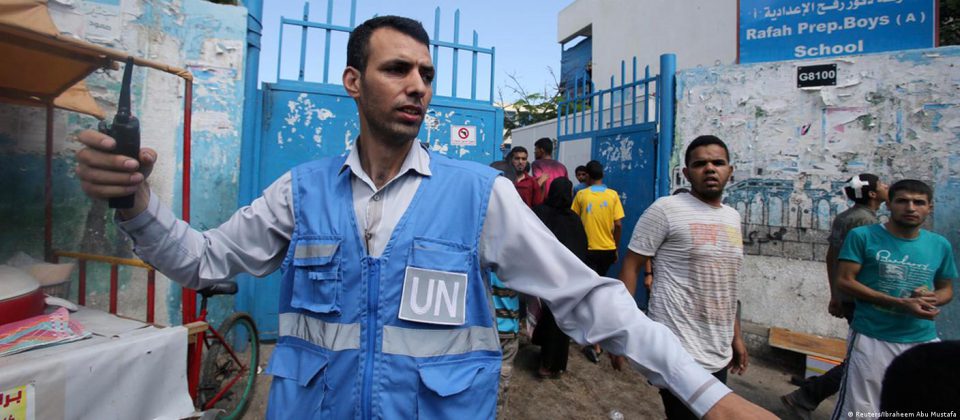Currently, civilians in Gaza are facing a severe shortage of necessary supplies due to Israel’s attack resulting in cutting off food, medicine, water, and electricity. UN shelters, sheltering many Gaza residents, are now suffering with a severe water crisis, and this condition is because of the closure of vital supply routes.
Juliette Touma, a spokesperson for the UN’s Palestinian refugee agency UNRWA, warned that, Gaza is out of water. The critical situation is forcing UN teams to begin water rationing. Most of these shelters, mainly UN schools, have scarcity of clean water supply, leaving residents in disappointment.
Recently, hundreds of civilians sought refuge in these shelters, escaping from uncertain Israeli airstrikes. Hamdan, another UNRWA spokeswoman, confirmed that in the majority of these shelters, clean water has become a highly scarce resource. Due to the threatening conditions, the Israeli authorities instructed over 1 million residents in the north Gaza to migrate to the south.
The health ministry of Gaza has reported the death of over 2,300 Palestinians. The violence has left the city in tension and its infrastructure is terribly damaged. Relief organizations are urgently seeking for the establishment of an emergency corridor to facilitate transfer of humanitarian aid.
Dr. Mohammed Qandeel, who is a healthcare professional at Nasser Hospital in the southern Khan Younis area, highlighted the intensity of the situation, saying, “The difference with this escalation is there is no medical aid coming in from outside, the border is closed, electricity is cut off, causing a high danger for patients.” Patients dependent on ventilators and those injured in blast requiring continuous care are facing high complexity.
In Gaza City’s Shifa Hospital, medical officials are struggling with the complex condition of patients, around 35,000 people, including men, women, and children, are lying in the hospital’s lobby, hallways and on open grounds as well . Amidst the complexity, civilians are seeking refuge within the hospital’s walls for safety.
Humanitarian aid and the establishment of a secure passage for its delivery is the only thing UN shelters and the people in there are hoping for currently. Therefore, urgent actions are necessary to be taken to reduce the suffering and protect the lives of those trapped.

